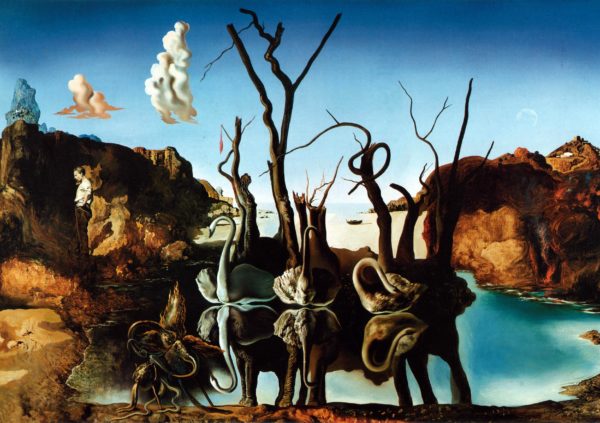Sometimes legislation in Sacramento is rushed through with unintended consequences, an unfortunate example being a newly expanded law posing problems for art dealers. This 2016 amendment to California Civil Code Section 1739.7 was intended to broaden a law that provided sports memorabilia collectors protections from unscrupulous dealers who sold supposedly “autographed” items that often turned out to be phony. The recent amendment was intended to bring under the law’s protections buyers of collectibles from dealers in entertainment memorabilia, also subject to widespread fraud. However, the text of the amendment, in effect since January 1, 2017, was not limited to sports and entertainment memorabilia, making its draconian provisions applicable to art dealers, book dealers and vendors of other collectibles.
The sponsor of the amendment to the law, former Assemblywoman Ling Ling Chang, maintained it was only meant to apply to sports and entertainment dealers, but while her intentions may have been the best, the amendment—enacted without a public hearing—places an unnecessary burden on California art dealers.
The provisions of Civil Code 1739.7 are problematic at best. The statute requires that a dealer of any collectible available for sale over $5 who markets it as signed must warrant in writing that the autograph is authentic, indicate if the item was signed in the dealer’s presence, and, if not, provide the name and address of the third party the dealer obtained the item from (a possible invasion of privacy). The statute provides for a harsh civil penalty of 10 times the actual damages suffered by a buyer who fails to receive a certificate of authenticity or who receives a false certificate.
There are numerous reasons why this new law should not be applied to fine art transactions: The lawmakers disregarded the fact that: 1) Fine art sales rest upon the authenticity of the artwork itself—the artist’s signature is a secondary factor; 2) Buyers and sellers often rely on experts and artistic foundation boards to authenticate artworks, not necessarily the dealer handling the transaction; and 3) The law’s requirement of a certificate of authenticity is unnecessary. The Uniform Commercial Code, Section 2-313 already creates an express warranty for the seller of goods, including fine art, and express warranties are often part of fine art sales contracts anyway.
The law’s requirement regarding disclosure of third parties names and addresses is anathema to the art world in which many sellers demand privacy whether selling at auction or in the secondary market.
To make matters worse, it’s not even clear whether the law applies to out-of-state sellers of signed artworks or books who sell to California collectors. Several East Coast rare booksellers and publishers of signed limited editions have publically refused to ship signed items to California since they don’t want to provide the onerous warranty provided by the California statute. This law may further disadvantage the California art auction business, already reeling from the burden of the California Resale Royalty Act.
I mentioned the new law to a few Los Angeles dealers and none knew anything about it. I have found that California art dealers are at least generally aware of the provisions of the Farr Act, Civil Code Section 1740, which has been on the books for decades and which requires that a buyer of an art multiple, such as a lithograph, must be provided with a certificate of authenticity indicating the number of prints in each limited edition and the process used to produce the print. The Farr Act, which provides for penalties against a print dealer who fails to provide a certificate, is a necessary law and was enacted to crack down on scams in the print business such as the sale of purportedly “signed limited edition” prints by Salvador Dali who was paid to autograph thousands of pages of blank lithographic paper.
When it comes to paintings, sculptures and drawings, the good news is that Civil Code 1739.7 contains a loophole for art dealers. A certificate of authenticity under this law is only required if the dealer markets the work as autographed. The absence or presence of a signature may not even be determinative of authenticity of an artwork. Therefore the statute gives art dealers an added incentive not to describe works of art as signed when marketing them for sale, since an artist’s signature may not be material to the artwork’s value.
Relief for art and book dealers is on the way. Earlier this year California Assemblyman Todd Gloria introduced a bill to amend 1739.7. The bill, AB 228, would limit the statute to apply only to sports and entertainment memorabilia dealers as originally intended. It would raise the minimum value threshold to $50. The amendment would also require that dealers maintain a record of the name and address of the third-party sellers and disclose such information only in discovery in court action brought to enforce the law. The bill would eliminate the onerous penalty of 10 times actual damages, instead imposing civil penalties for failure to provide an express warranty or for providing a false warranty. It also makes dealers responsible for attorney’s fees and costs of aggrieved buyers who prevail in their lawsuits.
The prospects look good for a version of AB 228 to be enacted sometime this year and I would urge art dealers to organize in support of it.


